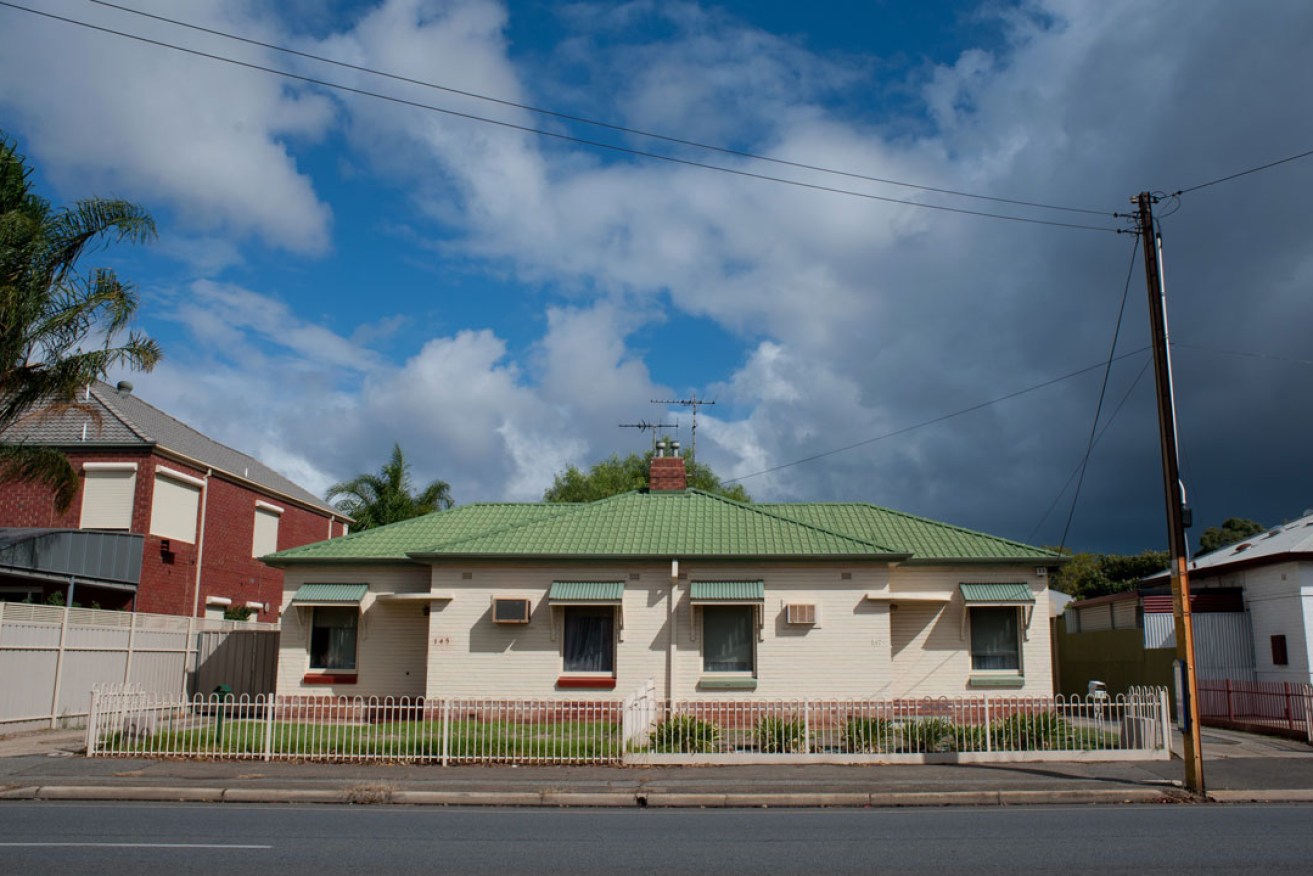Warning on ‘ticking time bomb’ of homelessness for older South Australians
South Australia’s Council on the Ageing has called on the State Government to address what it describes as a “ticking time bomb” of escalating housing stress and homelessness among older people.

Photo supplied.
COTA SA’s 2018-19 State Budget submission recommends the Government include disadvantaged older South Australians in the state’s housing strategy.
The budget submission also calls on the Government to fund a service – similar to the Victorian Government-funded ‘Home at Last’ program – that assists people over the age of 50 to secure ongoing and appropriate accommodation.
Home at Last connects Victorians on low incomes who are homeless, at risk of homelessness or who want to plan their housing future with housing workers who provide free housing advice and advocacy services.
An independent audit by KPMG found 70 per cent of Home at Last clients were successfully housed within three months of participating in the program.
COTA has estimated a South Australian program of this kind would cost $500,000 per annum.
Chief executive Jane Mussared said of COTA’s budget recommendations, housing was a key priority as housing stress was emerging as the fastest-growing area of risk for older people.
According to Department of Social Services 2016 data, there were at least 4900 older South Australians living in accommodation that was unaffordable for them.
A recent report by the Housing for the Aged Action Group and the University of Adelaide shows in many local government areas there had been at least a 50 per cent increase in the number of people in financial housing stress, with that stress expected to escalate as the population ages and the supply of affordable housing decreases.
“We’re facing a growing number of older people who are having to make do with insecure accommodation like living on somebody’s couch, staying with friends or family instead of having their own place, or living in housing which is very disconnected from cities,” Mussared said.
“This is a group of people who have never previously had to use services and supports, who have gone their whole lives contributing but who now in their older age are finding themselves in vulnerable positions.
“There’s a sizable number of those people who are women and the reason for that is because they’ve gone their whole lives raising children, looking after the household, they’ve had less income.
“It’s a real tragedy – these are our mothers, grandmothers, aunts – who from no fault of their own have arrived in this position.”
In its budget submission, COTA SA said an increasing number of people over the age of 50 were being forced into the private rental market, creating an increased risk of homelessness due to insecure and short-term tenure, housing design that cannot be moderated to meet changing needs and rental unaffordability.
It also said the short-term leases of some rental properties meant people were frequently required to move, creating an increased risk of social isolation.
Mussared said short-term leases also put stress on older tenants who lacked the physical and financial resources to move house each time a rental agreement was due for renewal.
“Moving house also relies upon an older person having enormous and regular help available from family and friends – for many older people this is simply not realistic,” she said.
“As a society, we need to do more to ensure that older people can continue to be active members of the communities they love and live in.”
Other COTA budget recommendations include a government-funded research project into employment solutions for older workers, investment in peer-led digital literacy training, a community-networking hub for older LGBTIQ people and increased public transport concessions beyond off-peak times.
The 2018-19 State Budget will be handed down on September 4.




